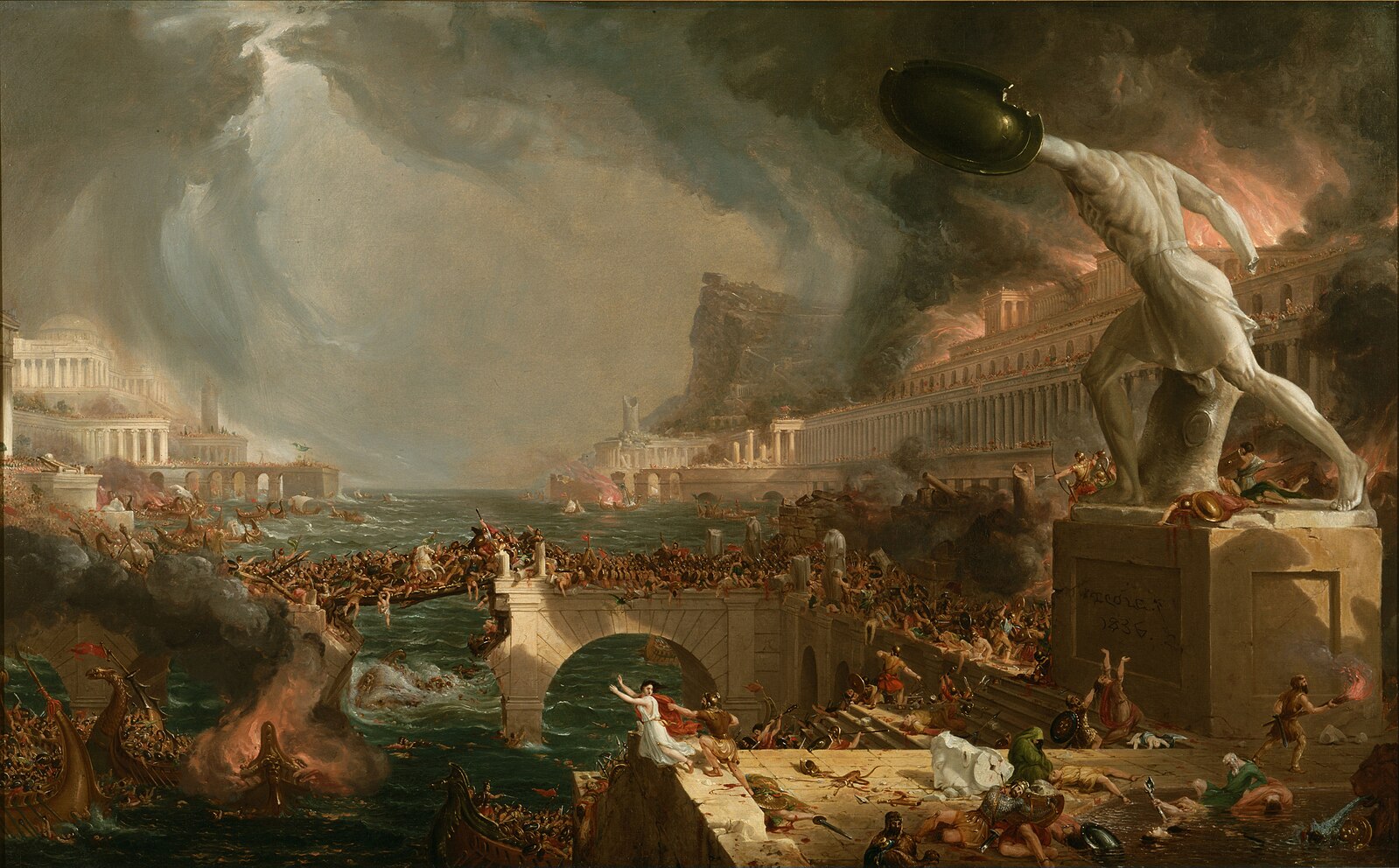With any structural ideology that acquires a permeable dimension over time, there is a risk of perpetuating it; that is, of tracing its origins back to the founding stages of history and then, once it has become teleological, projecting its functionality forward as an “inevitability.” This has happened to capitalism because of its legion of interpreters—especially intellectuals—who have turned it into a theoretical wild card where a political function and economic practice have prevailed, prefigured by the institutions that constitute the state in its real and reduced functionality: the ruling elites.
Reducing capitalism to ancient trade or recognizing it in trade is not productive. Nor is it productive to locate it in the usury that concentrated the “business” diaspora that gradually and ascendingly went from the Genoese to the tributary empire of the United Kingdom. And it is erroneous not because of its episodic nature, but because of its own internal development, presented as mutually exclusive and collectively exhaustive categories without admitting intermediate nuances. Therefore, the financial concentration that founds nation states through the subsidization of war, as recorded in the founding charter of the Bank of London, is taken as the beginning of a false contradiction that places us in a narrative, not epistemological, simplicity; a contradiction illustrated in a genealogy used by historiographical liberalism: Sparta and Athens as found and apparently explanatory models, fundamentally. Although in Westphalia (1648) there was—geopolitically and through Dutch leadership—an anarchic structure between states which, precisely because of its decentralization, allowed for a more effective use of credit with capitalist elements, these were not capitalist in their prevailing dimension, because the motive was above all political and led to their own dissolution in the inter-state system reconstituted after the Napoleonic wars and implemented by British leadership.
The argumentative bifurcation that occurred after Marxist analysis—which does not speak of capitalism but of capital—and which, starting with Werner Sombart, blurs the very constitution of capitalism —as a theoretical definition derived from German socialism— in terms of its counterintuitive and technological-mental character, which explains the emergence of a fundamental social stratum such as the bourgeoisie that allows for rhizomatic economic expansion and which will have its apotheosis in the middle class of the early 20th century, truncated by state and financial centralization (especially after the creation of the Federal Reserve), dilutes in economic pragmatism a sociological discourse that ignores the social effects of wealth spread in growing figures since the end of the 19th century, in order to fix the debate in a dialectical and flawed drift that has its main reason in “the exploitation and management of capital.”
All the subsequent pathologization, with its Marxist and neo-Marxist core—capitalism and schizophrenia—which attempts to explain the supposed cultural effects of capitalism—deliberately ignoring and avoiding the structural explanation of the exponential accumulation of wealth through capitalist concepts and processes of accounting, saving, healthy credit directed toward useful production, and progressive and communal economic growth, as in the American West, for example—distorts the debate and promotes definitions that are uncertain because they are elusive.
A valid defense of economic capitalism—real capitalism—such as that of the Austrian school, although flawed by modern dialectics because it is explained in opposition to socialism (which is not an economic system but a political ideology that establishes its economic criteria by force), lost its epistemological validity. Its phenomenal and true explanation of capitalism, constituted by the formulation of prices as organic organizers of supply and demand, was invalidated by a centralized banking system that, by managing constant and arbitrary monetary expansion, relies on assets inflated by the amount of money it constantly creates out of thin air, guaranteeing cyclical crises and bubbles of all kinds that burst in the faces of ordinary, working people. These crises are artificial because they do not arise from the contradictions of capitalism itself, which can be self-regulated through a redirection of useful credit, but are political missteps by centralized entities that, paradoxically, are one of the proposals of the Communist Manifesto: a Central Bank.
If a globalist political system increasingly intrudes on an economic system overloaded with intentional inflationary cycles, dismantling the possibility of creating capitalist wealth—which finds its most complete expression in small and medium-sized enterprises due to their effective social utility—in order to create asset bubbles that are, ultimately, political bubbles, could we speak of a disease of the capitalist system? Without wishing to pathologize the debate, as this would be neo-Marxism reappraised, we could accept without blushing that capitalist practice has been inoculated with virulent financial practices that systematically hinder and nullify its greatest contribution to humanity as a system: the possibility for society as a whole to participate in the creation of wealth by offering its services to one another.
A critique that recovers the real debate about capitalism in terms of its effectiveness for the social structure does not have to end up in the radical realm of revolution—especially if workers prefer to eat at McDonald’s to make the proletarian revolution—nor does it imply lukewarm reforms; above all, it implies a cleansing of memory and good economic and social practices.
Image: The Course of Empire: Destruction (1836) by Thomas Cole.




